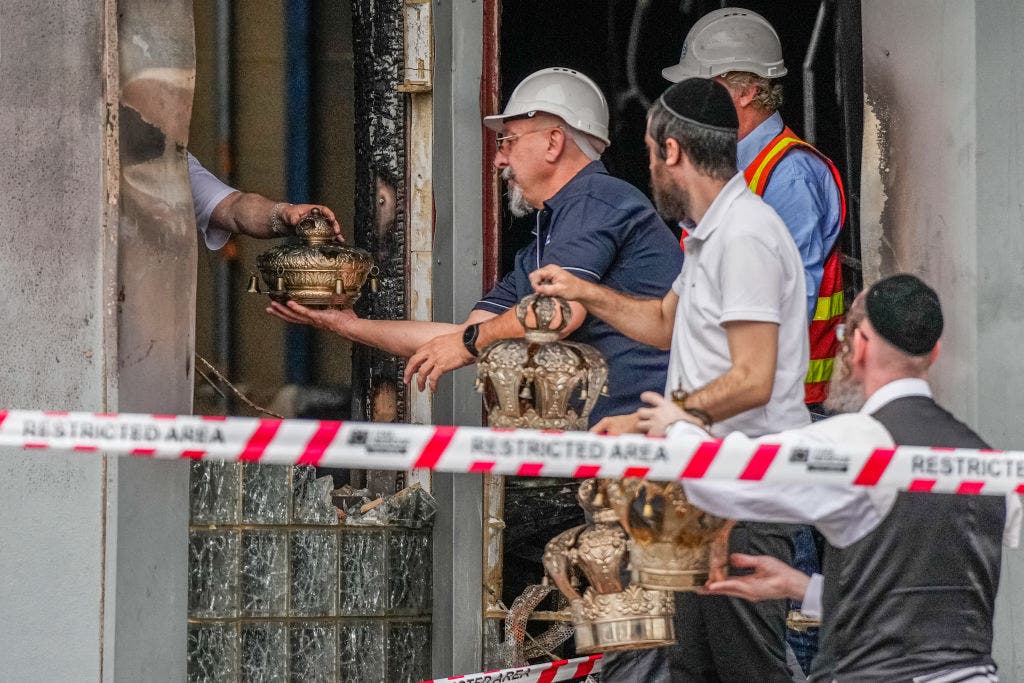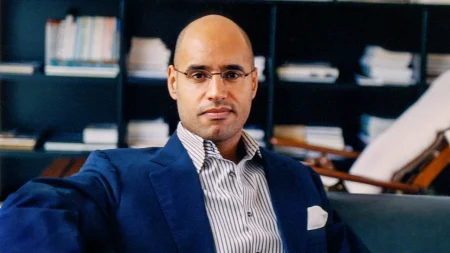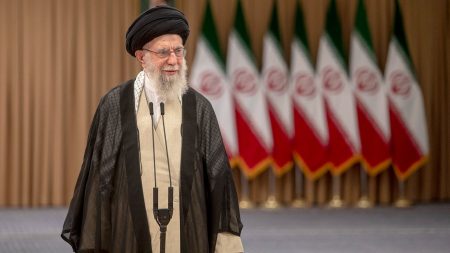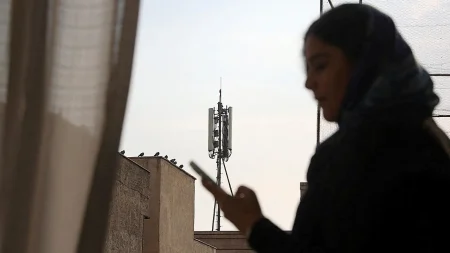The alarming surge in antisemitic attacks across Australia has reached a fever pitch, culminating in the suspected terror attack on the Adass Israel Synagogue in Melbourne. Masked perpetrators set the synagogue ablaze, an act that has reverberated through the Jewish community and drawn international condemnation. This incident follows a disturbing pattern of escalating violence and hatred, including the firebombing of a car and the defacement of Jewish properties in Sydney with antisemitic graffiti. These attacks have instilled fear and anxiety within the Jewish community, prompting calls for stronger government action and protection. The targeted nature of the attacks, coupled with the inflammatory rhetoric against Jews, has raised serious concerns about the safety and security of Jewish Australians. The backdrop of these attacks is the complex and fraught political landscape surrounding the Israeli-Palestinian conflict, which often spills over into acts of antisemitism globally.
The Melbourne synagogue firebombing, now investigated as a potential act of terrorism, has brought the issue of antisemitism in Australia into sharp focus. The Adass Israel Synagogue, a place of worship for Haredi Jews who do not practice Zionism, was targeted in an act of violence that underscores the indiscriminate nature of anti-Jewish hatred. Eyewitness accounts from within the synagogue describe the chaos and terror of the attack, with worshippers initially mistaken for perpetrators by responding police. This incident highlights the urgent need for increased security measures and a deeper understanding within law enforcement of the nuances of the Jewish community. The attack has left the community feeling vulnerable and questioning their safety, particularly given the perceived lack of support from local authorities.
The response from Australian political leaders has been met with mixed reactions. While Prime Minister Anthony Albanese condemned the attack and allocated funding for increased security for Jewish organizations, some critics argue that his response was delayed and insufficient. The Jewish community, represented by organizations like the Executive Council of Australian Jewry (ECAJ), has called for more comprehensive action, including increased security funding, antisemitism education in schools, and stronger enforcement of laws against hate crimes. The ECAJ has stressed the urgent need to address the rise in antisemitism and protect the fundamental rights of Jewish Australians to practice their faith without fear.
The recent surge in antisemitism in Australia mirrors a global trend of increasing hostility towards Jews. Since October 7th, incidents of anti-Jewish hate have skyrocketed by over 300%, according to the ECAJ. This alarming increase includes a wide range of incidents, from vandalism and graffiti to verbal abuse and physical assaults. Examples include the spraying of antisemitic slogans on homes and businesses, the circulation of a list of Jewish individuals online, and the public celebration of violence against Jews. These incidents underscore the normalization of antisemitism within certain segments of society and the urgent need for a comprehensive response.
The Australian government has taken some steps to address the rising tide of antisemitism, including allocating funds for security measures and proposing stricter penalties for hate crimes. However, the Jewish community argues that these measures are not enough. They have called for a multi-faceted approach that includes education, law enforcement, and community engagement. This approach requires addressing the root causes of antisemitism, promoting tolerance and understanding, and ensuring that Jewish Australians feel safe and protected. The Simon Wiesenthal Center’s travel advisory warning Jews to exercise extreme caution when visiting Australia highlights the gravity of the situation and the international concern surrounding the rise of antisemitism in the country.
The attacks on the Jewish community in Australia represent a serious threat to the country’s multicultural fabric. The rising tide of antisemitism is not just a problem for the Jewish community; it is a problem for all Australians. It undermines the principles of tolerance, diversity, and inclusion that underpin Australian society. Addressing this issue requires a collective effort from government, law enforcement, community leaders, and individuals to combat hate speech, promote understanding, and ensure that all Australians feel safe and respected regardless of their faith or background. The escalating violence and hate directed towards Jewish Australians underscore the urgent need for a comprehensive and sustained response to protect the community and uphold the values of a pluralistic society.














